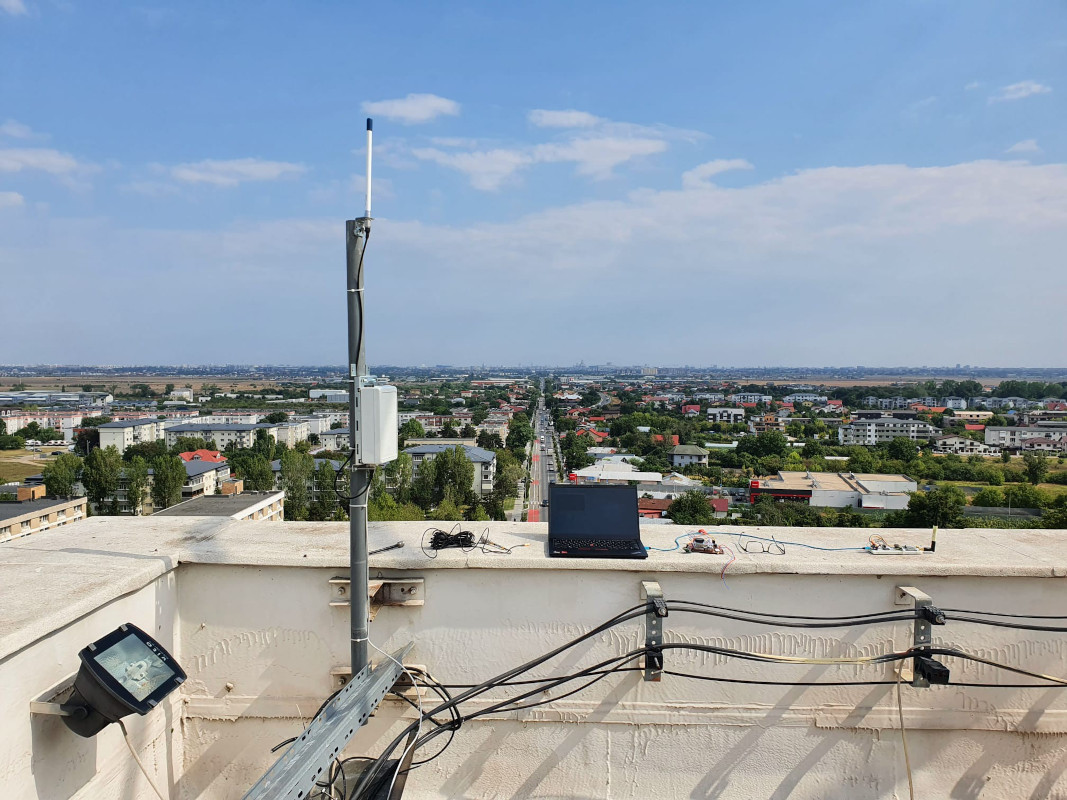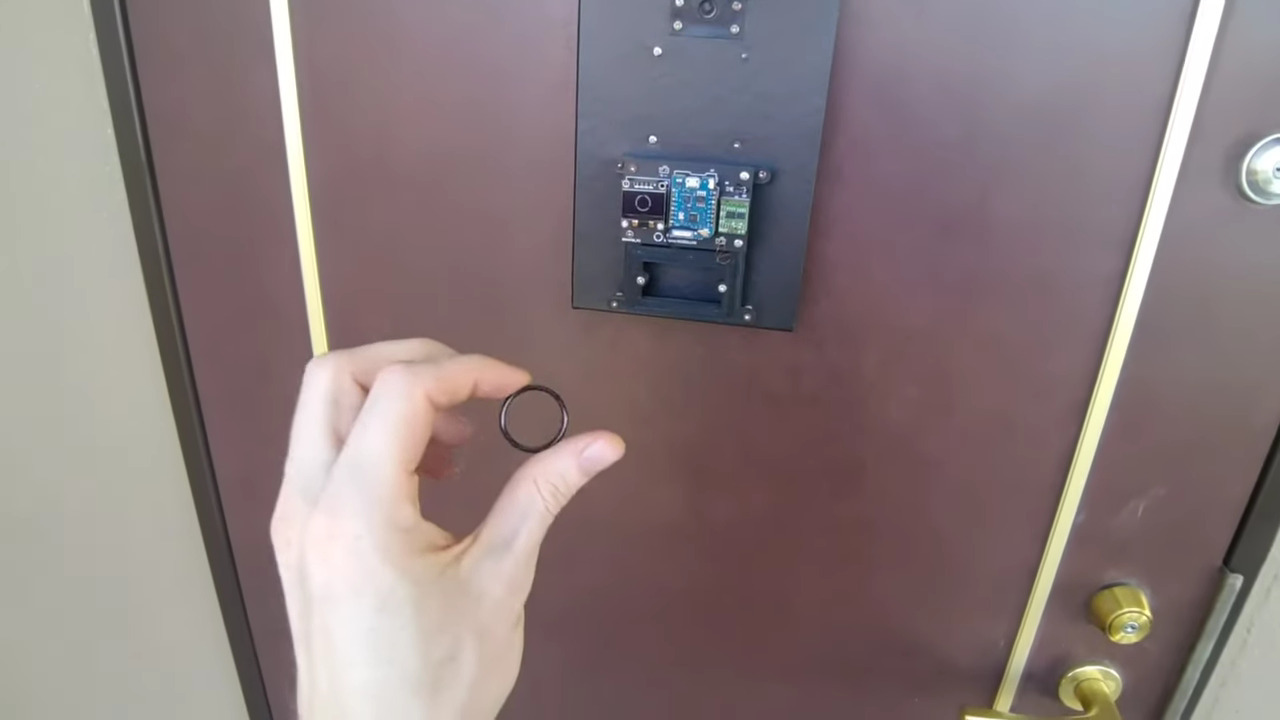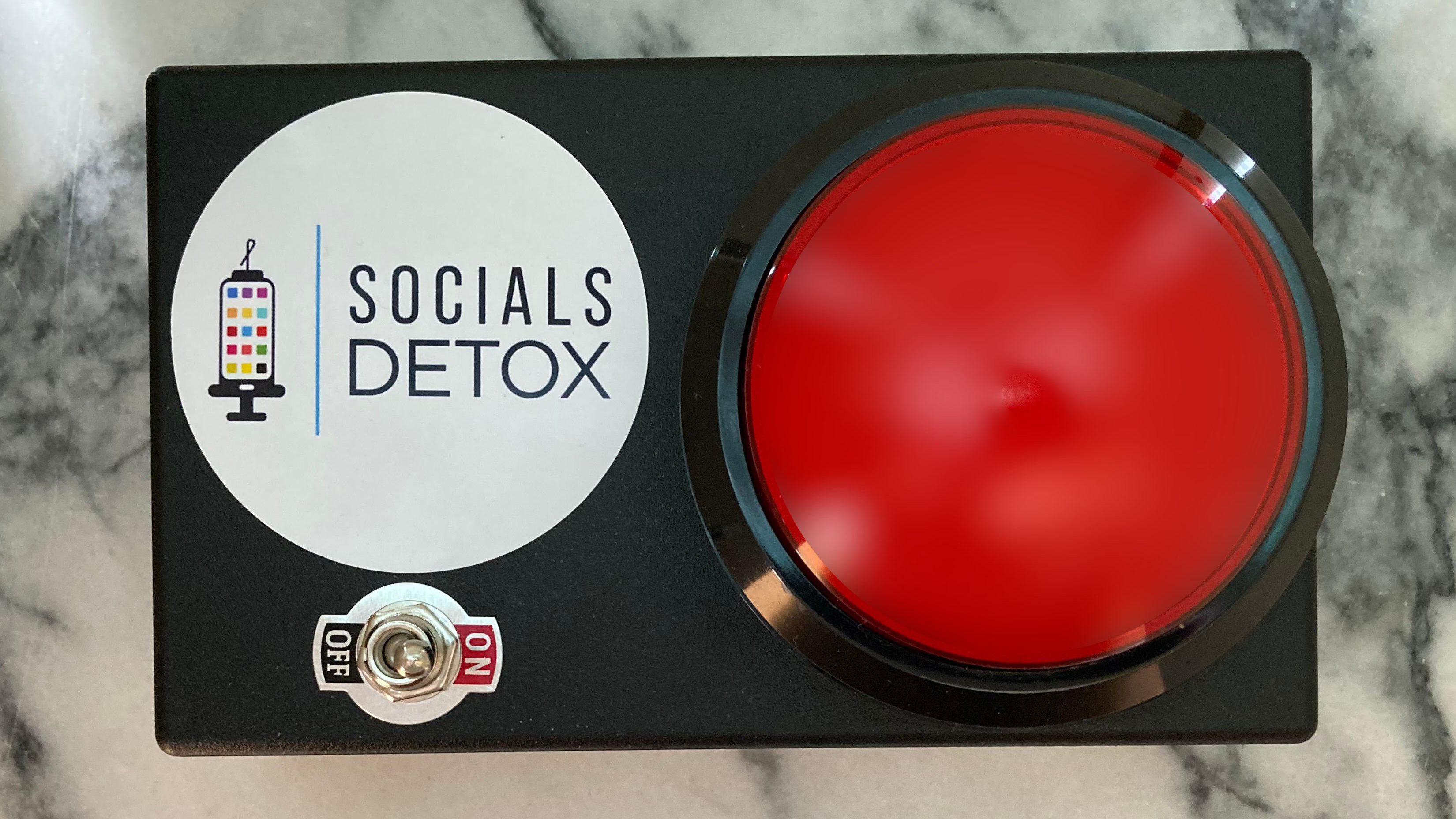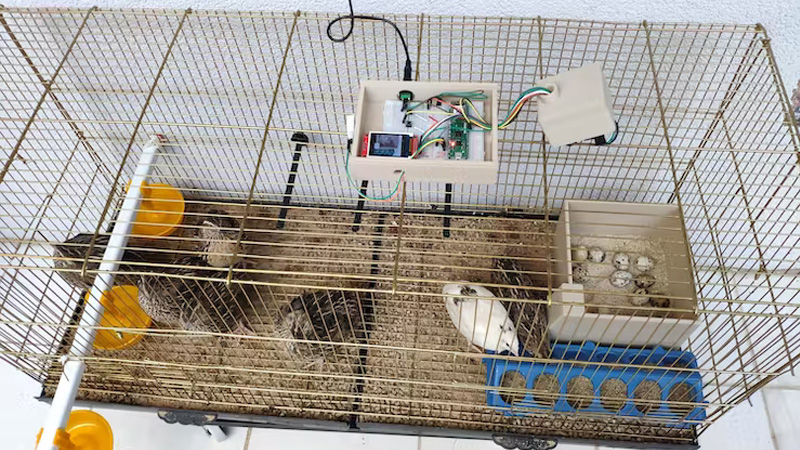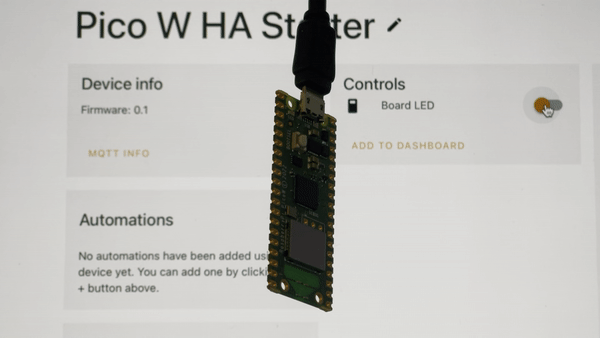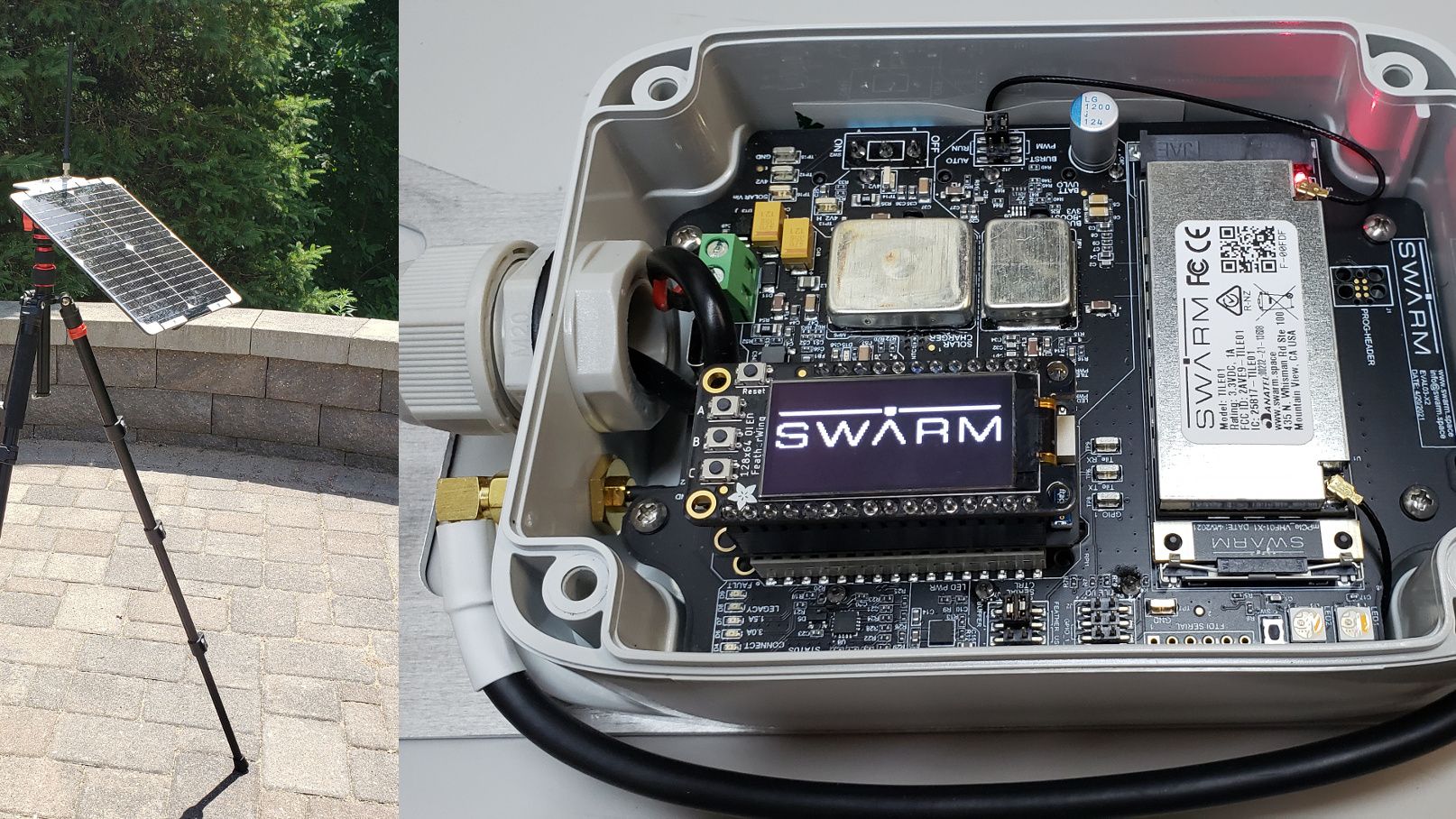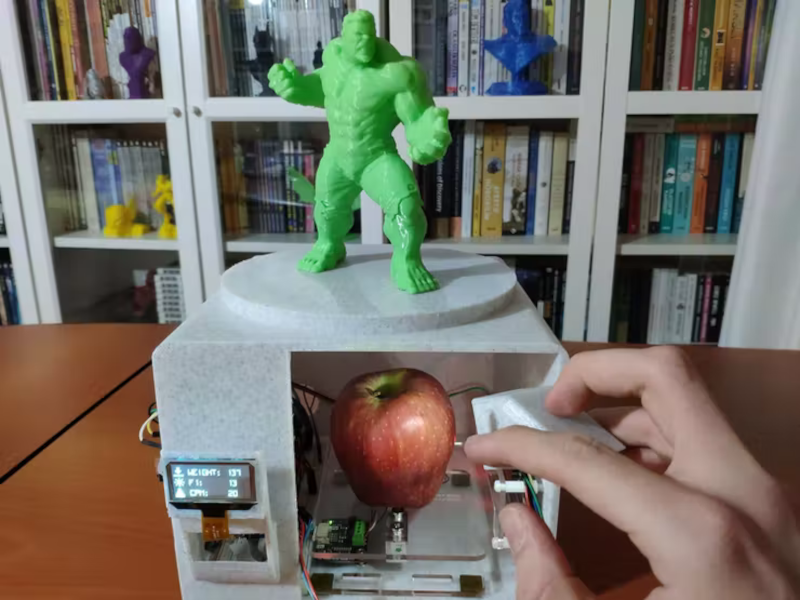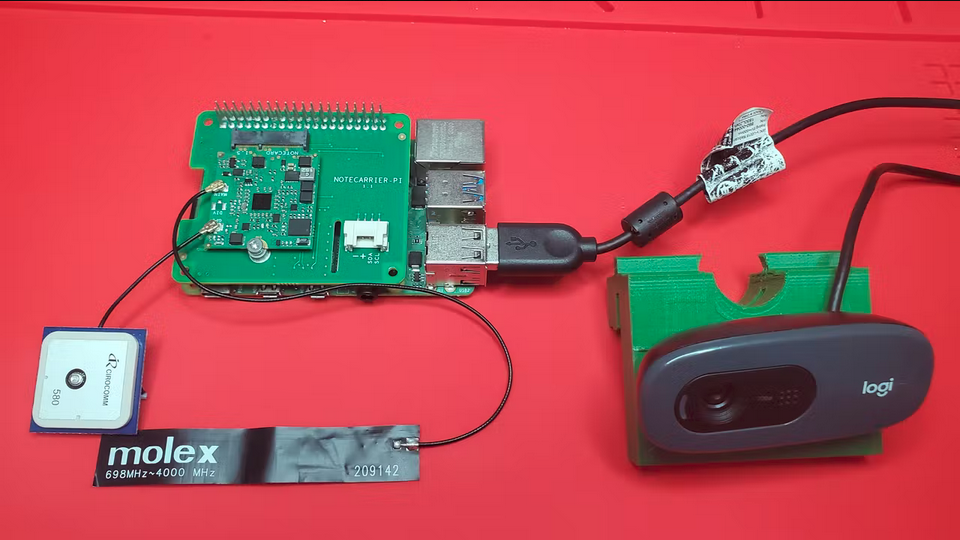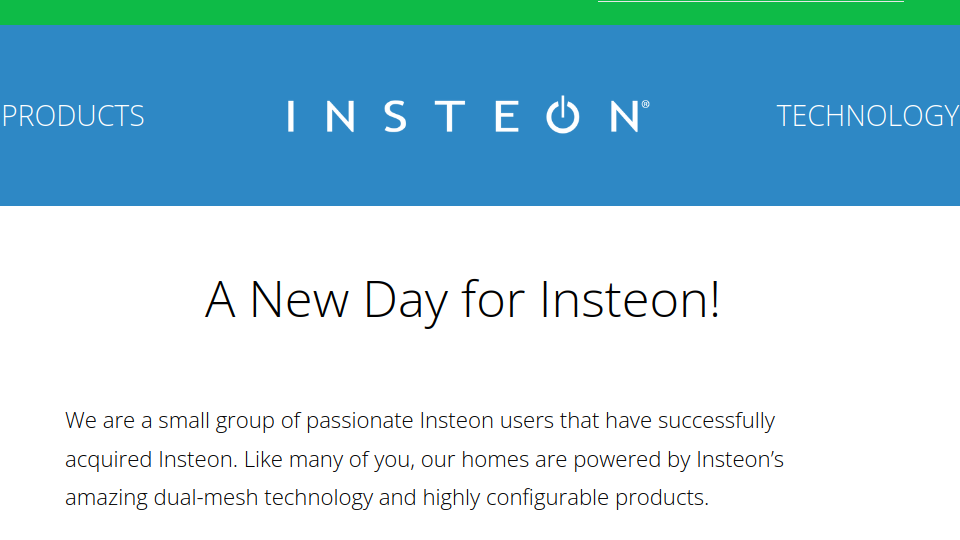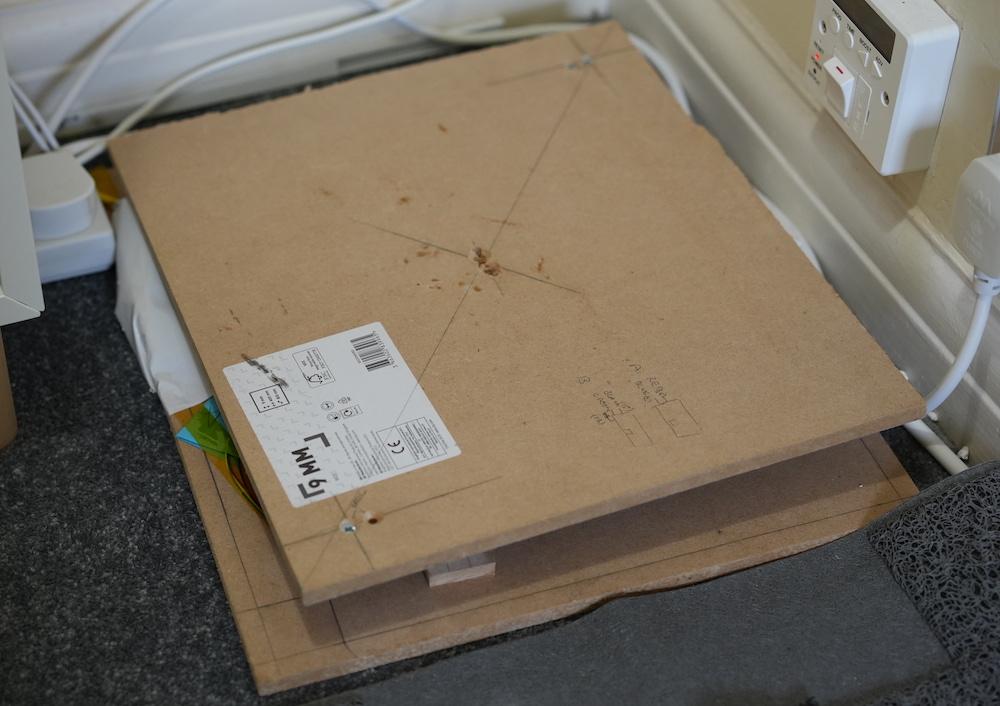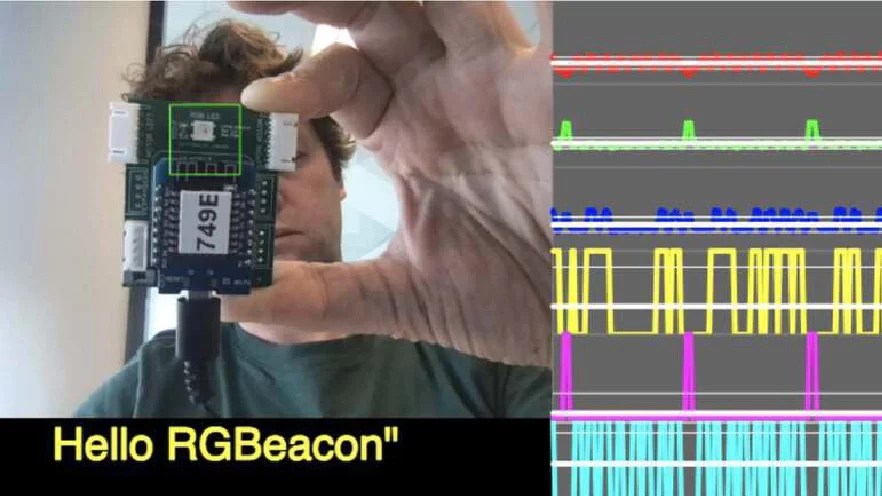#iot
One person like that
One person like that
2 Comments
Most #Dystopian Things Pushed By The World Economic Forum
#WEF Pushes Augmented Tech, Brain Chips and Internet of Bodies
August 21, 2022
By Sikh for Truth
The World Economic Forum (WEF) is attempting to normalize the idea of implanting tracking chips into humans, via the Internet of Bodies – a highly controversial technology.
The Internet of Bodies ( #IoB) is the biological extension of the Internet of Things ( #IoT) that brought us driverless cars and smart homes.
As part of the Great Reset, both are part of the plans for the future of humanity devised by the elites of the World Economic Forum.
The IoB confirms its belief in the eternal benefits of technology and promises to improve our health and extend our life. That’s a good idea, isn’t it? No, the meaning becomes clear once you understand it.
The keyword is here is data. Data is supposed to be the new oil in this new technological era. Our phones and Fitbits are used to collect data about our locations, spending patterns, educational and economic status, political allegiances, walking steps, and oxygen levels.
But through the Internet of Bodies, more and more #nano #sensors and #robots will be #embedded in our #body, turning us into a quantifiable information platform that can be easily commoditized and even manipulated remotely.
By collecting all this data, data owners will be able to develop very detailed profiles of the population that can be used to enhance surveillance and security defined by authorities.
Klaus Schwab, founder of the WEF and proponent of the Great Reset, believes that the pandemic and lockdowns are an opportunity to spread this technological use, which “will result in a fusion of our physical, digital, and biological identities”.
CONTINUE: https://www.activistpost.com/2022
Activist Post - Alternative News & Independent Views
One person like that
Hello everyone! I’m originally from #Russia but on my way to the #UnitedStates because I hate the war, dictatorship and I won in #DiversityVisa lottery. I’m interested in #programming_languages, #linux, #devops, #iot and #politics
One person like that
Swarm vs. Iridium For Satellite IoT
https://nootropicdesign.com/projectlab/2022/07/30/swarm-vs-iridium-for-satellite-iot/
One person like that
One person like that
Interesting news from the Raspberry Pi team today.
Raspberry Pi introduces a $6 board with Wi-Fi
https://techcrunch.com/2022/06/30/raspberry-pi-introduces-a-6-board-with-wi-fi/
Raspberry Pi Pico W: your $6 IoT platform
https://www.raspberrypi.com/news/raspberry-pi-pico-w-your-6-iot-platform/
#RaspberryPi #Pico #RaspberryPiPico #microcontroller #microcontrollers #IoT #internetofthings
One person like that
One person like that
1 Shares
One person like that
One person like that
Engineers from the University of Cambridge have run a microprocessor for 6 months using a common species of cyanobacteria. The cell only slightly larger than a AA battery produced over four microwatts per square centimeter. It's not much, but might be perfect for lower end IoT devices.
#Science #IoT #UniversityOfCambridge #Cambridge #Biophotovoltaic
One person like that
1 Comments
1 Shares
